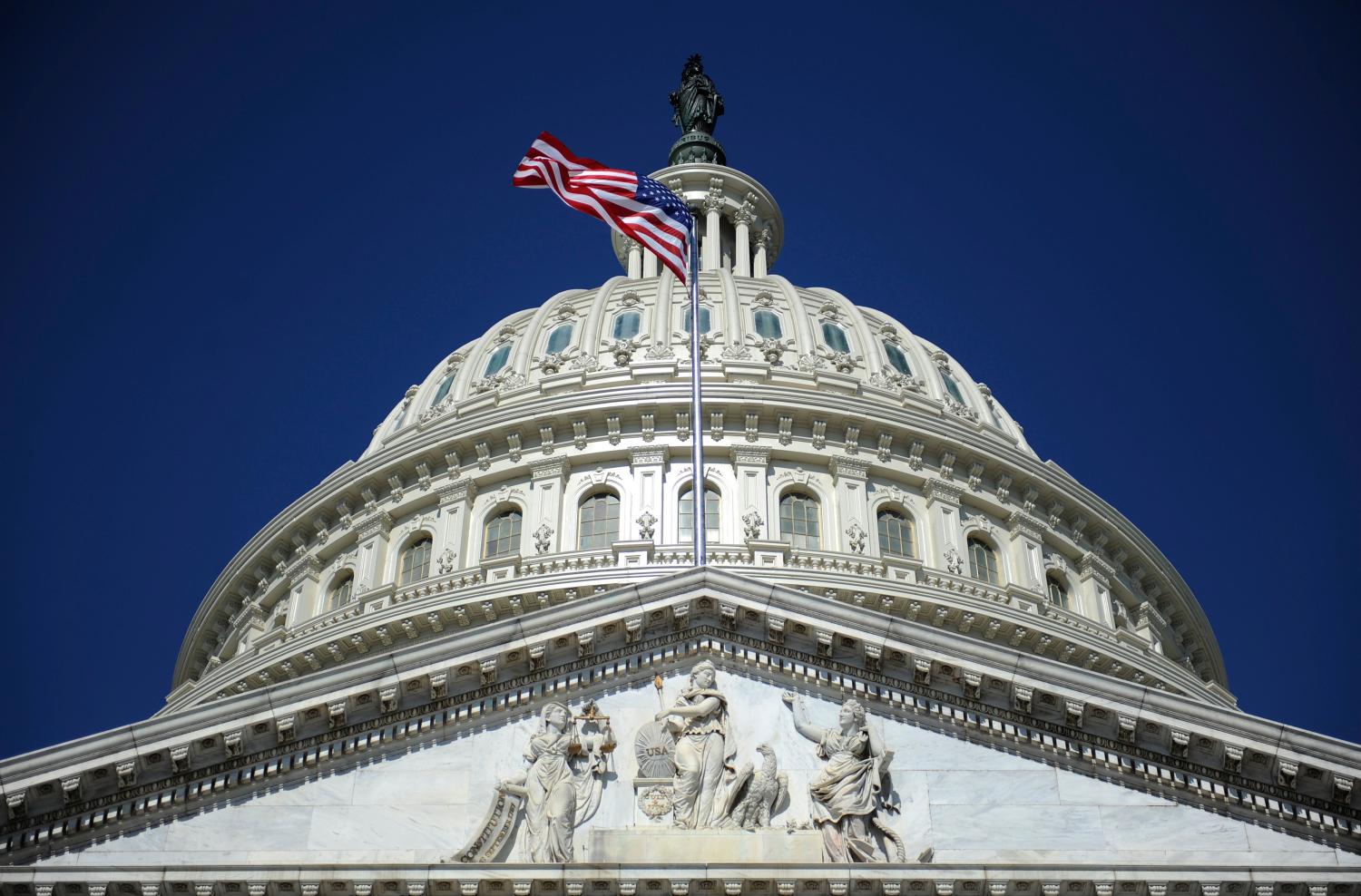“If it ain’t broke, don’t fix it.” So goes the old adage. Its corollary, however, is equally important, particularly to U.S. governance and its constant reinventions over the past almost 250 years: If it is broken, do fix it. That principle has guided the American experiment from the earliest days of the Republic through the Civil War and its aftermath, cycles of depression and recovery, grievous domestic and foreign policy blunders and atrocities, and alternating progress and triumphs.
When it comes to federal government ethics and the rule of law, a great deal was broken in the past four years that must now be repaired. In this report, a group of distinguished scholars and practitioners has come together to provide an independent assessment of that problem and its solutions. The mission that these accomplished individuals undertook was to think deeply about what went awry, the deeper weaknesses that were exposed, and how to fix these weaknesses moving forward in their particular domains of expertise. They range from ethics and conflicts of interest, to the Hatch Act and big money in politics, to transparency and independence at the Department of Justice, to ethics issues impacting the U.S. role on the international scene.
Because these issues are interwoven, and because our authors have dealt with all of them in their long professional careers, any one of them could have written any of the following sections. Topics were ultimately chosen based on areas of preeminent expertise among the group.
The full report, “If it’s Broke, Fix it: Restoring Federal Government Ethics and Rule of Law,” provides a framework to analyze significant developments that are already happening in Washington with respect to ethics and the rule of law. As you will read in these pages, the new Biden ethics executive order captures many of the ideas that our authors address. And both the House and the Senate are moving forward with H.R. 1 and S. 1, which also address concerns that are analyzed throughout the report, including campaign finance, ethics rules for public servants, and enforcement of the Foreign Agents Registration Act. Readers can learn a great deal more about the policy concerns these bills address in the pages that follow.
The editor and the authors are proud to contribute these insights to the vibrant discussions about reconstructing ethics and the rule of law in which Washington and the United States are now engaged. It represents a burst of sun after a very dark period indeed.
The Brookings Institution is committed to quality, independence, and impact.
We are supported by a diverse array of funders. In line with our values and policies, each Brookings publication represents the sole views of its author(s).











